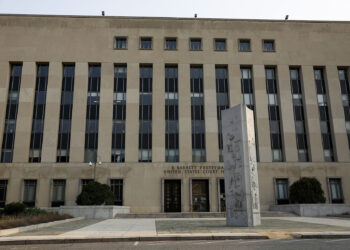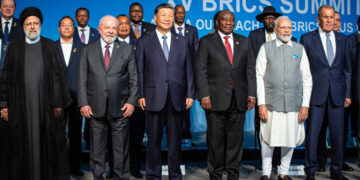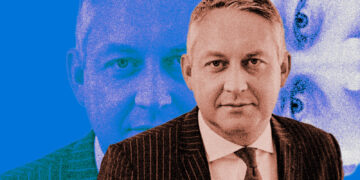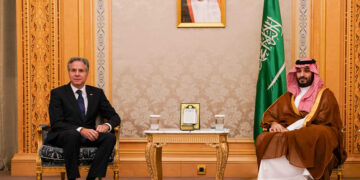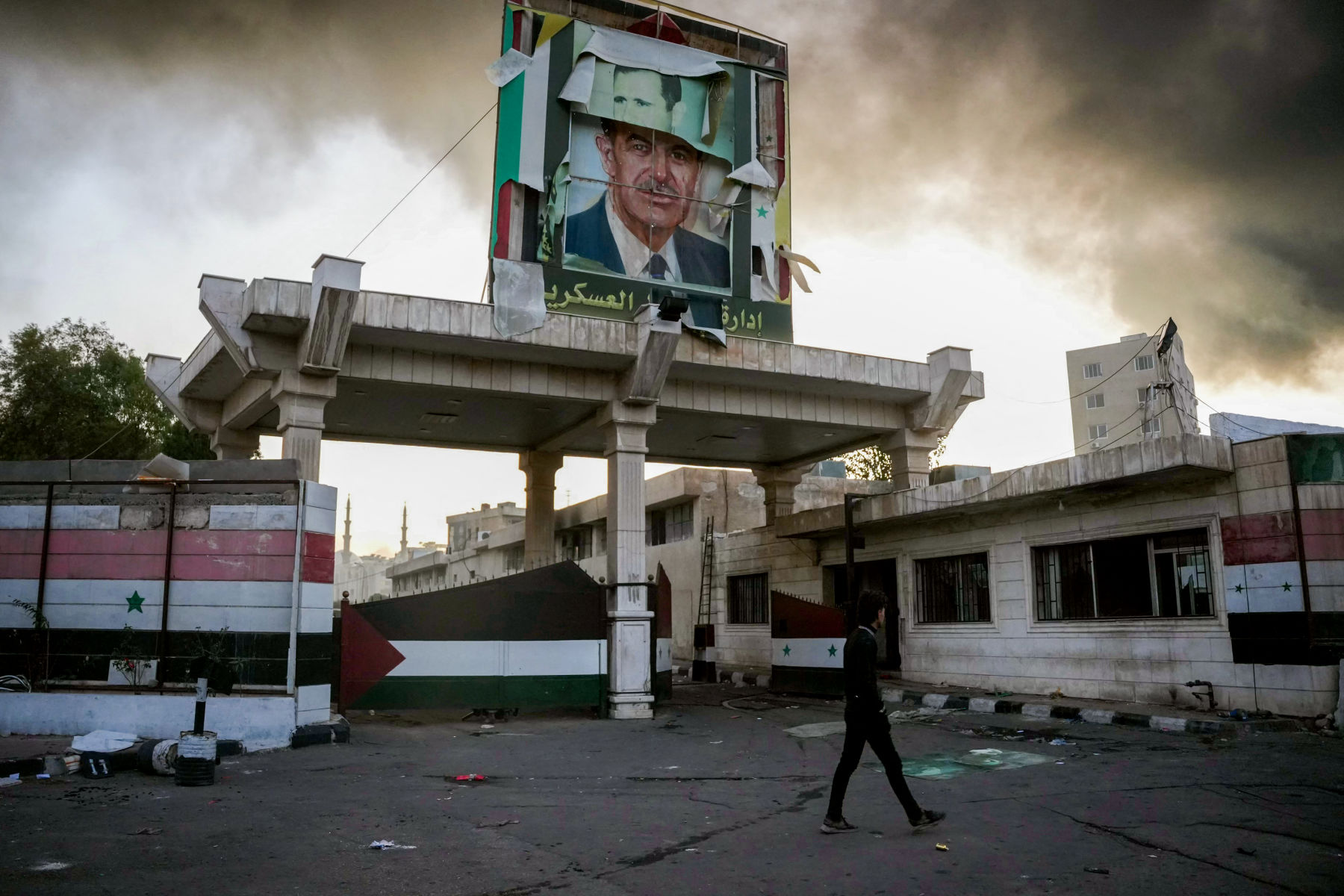Former President of the Bureau of Investigation and Prosecution, Muhammed al-Abdullah al-Oraini, helped the Saudi government maintain its absolute control by jailing Saudis who dared call for democracy and human rights, including prominent activists Waleed Abulkhair and Loujain Alhathloul.
Al-Oraini prosecuted members of the Saudi Civil and Political Rights Association (ACPRA), a prominent human rights association established in 2009. These prosecutions, which took place between 2012 and 2015, included Abdullah al-Hamid, one of the most prominent reformers in the Kingdom, Muhammed al-Qahtani, Mohammed Salih al-Bjady, Abdulkarim al-Khader, and Abdulaziz al-Shubaili. Their "crimes" were calling for democracy and establishing ACPRA.
"Al-Abdullah helped the Saudi monarchy maintain absolute rule by prosecuting leading figures of the civil movement calling for democracy," said Abdullah Alaoudh, Gulf Director at DAWN. "He's the lawbreaker – not the reformers he jailed."
Al-Abdullah oversaw the prosecution of these individuals for their peaceful speech and activism, which are protected by international human rights law. Al-Abdullah oversaw the prosecution of Waleed Abulkhair and of Loujain Alhathloul in her first trial in 2014. As the head of prosecution, he was responsible for prosecuting them for their peaceful speech and advocacy, which are protected by international law, and for enforcing prima facie unjust laws that criminalize dissent.
Under al-Abdullah's supervision, prosecutors charged Abulkhair, a prominent human rights lawyer and activist, with "crimes" such as "swaying public opinion," "insulting public order and the state," and "organizing illegal gatherings." Abulkhair has been imprisoned since 2014, serving a 15-year sentence. Prosecutors working for al-Abdullah also charged Alhathloul with writing tweets which "offend the Custodian of the Two Holy Mosques and … always criticize and mock religious or state figures and influence followers." Alhathloul spent 73 days in detention before a judge dismissed the charges.
"Prosecutors like al-Abdullah play a crucial role in crushing peaceful democracy and human rights activists," Alaoudh said.
During al-Abdullah's presidency of the Bureau of Investigation and Prosecution, on March 1, 2013, family members of detainees staged a large protest in front of the office of the Bureau of Investigation and Prosecution in Qassim. The protesters demonstrated against the prolonged detention of their family members and the lack of legal proceeding in their cases. According to a statement of the spokesperson of the Qassim Police that was reported by Alweeam, the police dispersed the protest and arrested 161 men, 15 women, and five children. The police statement proclaimed that protests are illegal in Saudi Arabia, and that security forces would confront them with an iron fist. Security forces released the protestors shortly thereafter.
Al-Abdullah graduated from Imam Muhammed bin Saud University's Sharia school. He served on the judiciary in a number of cities before becoming a judge in the General Sharia Court in Riyadh. In 2005, a Royal Decree from the late King Abdullah appointed him president of the Bureau of Investigation and Prosecution (now the "Public Prosecution"). In 2011, he was promoted to "Minister" while maintaining his position as president of the Bureau of Investigation and Prosecution. In 2015, a Royal Decree by King Abdullah extended al-Abdullah's service for four more years, intended to end by 2019. However, on July 15, 2017, King Salman, who succeeded the late King Abdullah, relieved him of his position and changed the name of his office to "Public Prosecution."
See the cases: Loujain Alhathloul, Waleed Abulkhair
DAWN requested a response from al-Abdullah, by writing to the Saudi authorities on December 9, 2020, but no response was received by the time of publication.
***
Tweet the Saudi Ministry of Justice here and the Saudi Embassy in Washington DC here. Tell them to stop prosecuting peaceful dissidents.
About DAWN's culprit gallery:
Tyrants need enablers who will implement their oppressive practices, even if it means abusing their fellow citizens. These agents often mask their complicity in the guise of professionals exercising their duties in offices, courtrooms, police stations, and interrogation rooms.
DAWN seeks to disclose the identity of the state agents who enable repression and, to make them recognizable at home and abroad. These individuals, whom DAWN calls "culprits," bear administrative, civil, moral, legal, and/or political responsibility for human rights and international humanitarian law violations.


























